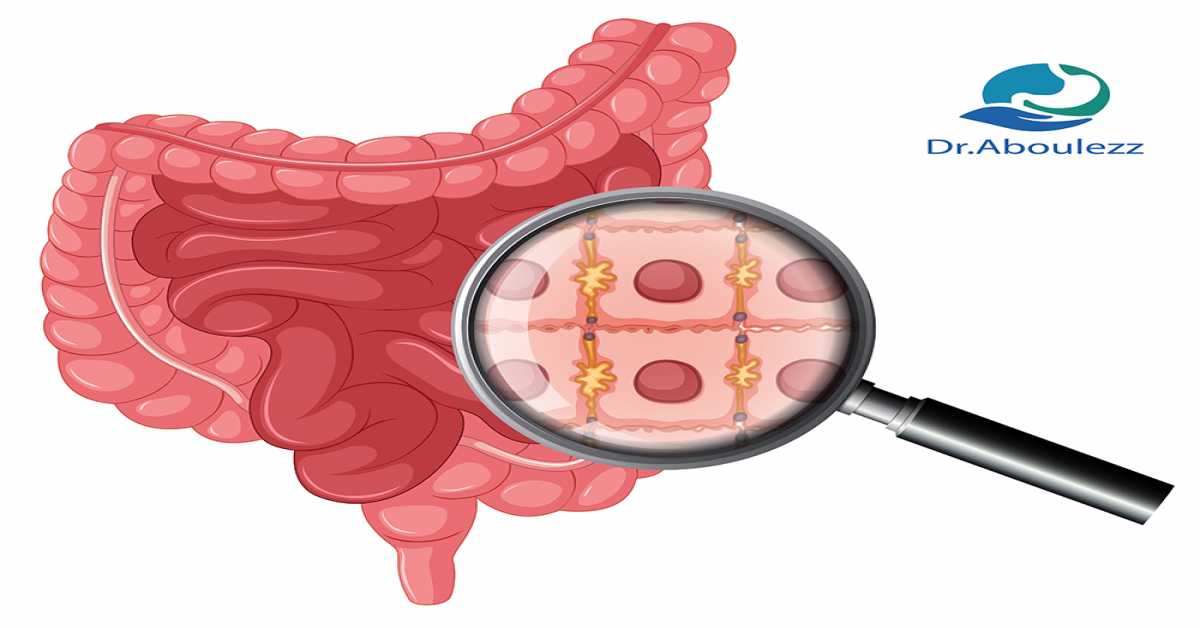News



The primary role of the small intestine is to absorb nutrients from food into the bloodstream. In the case of malabsorption, the small intestine can not absorb enough nutrients such as proteins, carbohydrates, fats, vitamins and fluids.
Causes of malabsorption:
- Long-term diet imbalance.
- Infections of the digestive system such as tuberculosis.
-Intestinal malignancy such as lymphoma.
- Chronic diarrhea.
- Eating some types of foods that inflames the small intestinal mucosa such as hot spices.
- Psychological disturbances.
-Crohn's disease, as mentioned in a previous publication, is a disease that causes chronic inflammation and ulcers in the intestinal wall.
- Chronic liver disease.
- Lactose sensitivity.
-Some medications such as colchicine, tetracycline and cholystyramine.
- Gallbladder gallstones.
- Chronic pancreatitis.
- Chronic gastritis that leads to malabsorption of vitamin B.
Symptoms of malabsorption:
- Flatulence of the abdomen.
- Fatigue and muscle weakness.
- Colics and abdominal pain.
-Weight loss.
-pallor.
Diagnosis of malabsorption depends upon:
- Clinical history and clinical examination.
- Laboratory tests.
- Radiological tests of the abdomen such as ultrasound and CT scan if necessary.
- Gastroscopy and colonoscopy with sampling of small intestine for pathological analysis.
In the absence of diagnosis and treatment of food malabsorption many complications may occur, including the following:
- Chronic anemia.
- Immunodeficiency.
- Neuropathy.
- Hormonal imbalance.
- Osteoporosis.
- Vision problems.
Treatment of malabsorption depends primarily on proper diagnosis and treatment, for example:
- Proper balanced nutrition, taking into consideration the availability of all necessary elements.
- Replacement of minerals and vitamins through dietary supplements if necessary.
- Prescribing the necessary antibiotics in case of a chronic infection of the digestive system such as tuberculosis.
- Treatment with immunosuppressants in some diseases such as Crohn's disease.
- Chemotherapy in case of a small intestinal lymphoma.
- Psychotherapy in some cases.
- Cholecystectomy in case of calcular cholecystitis.